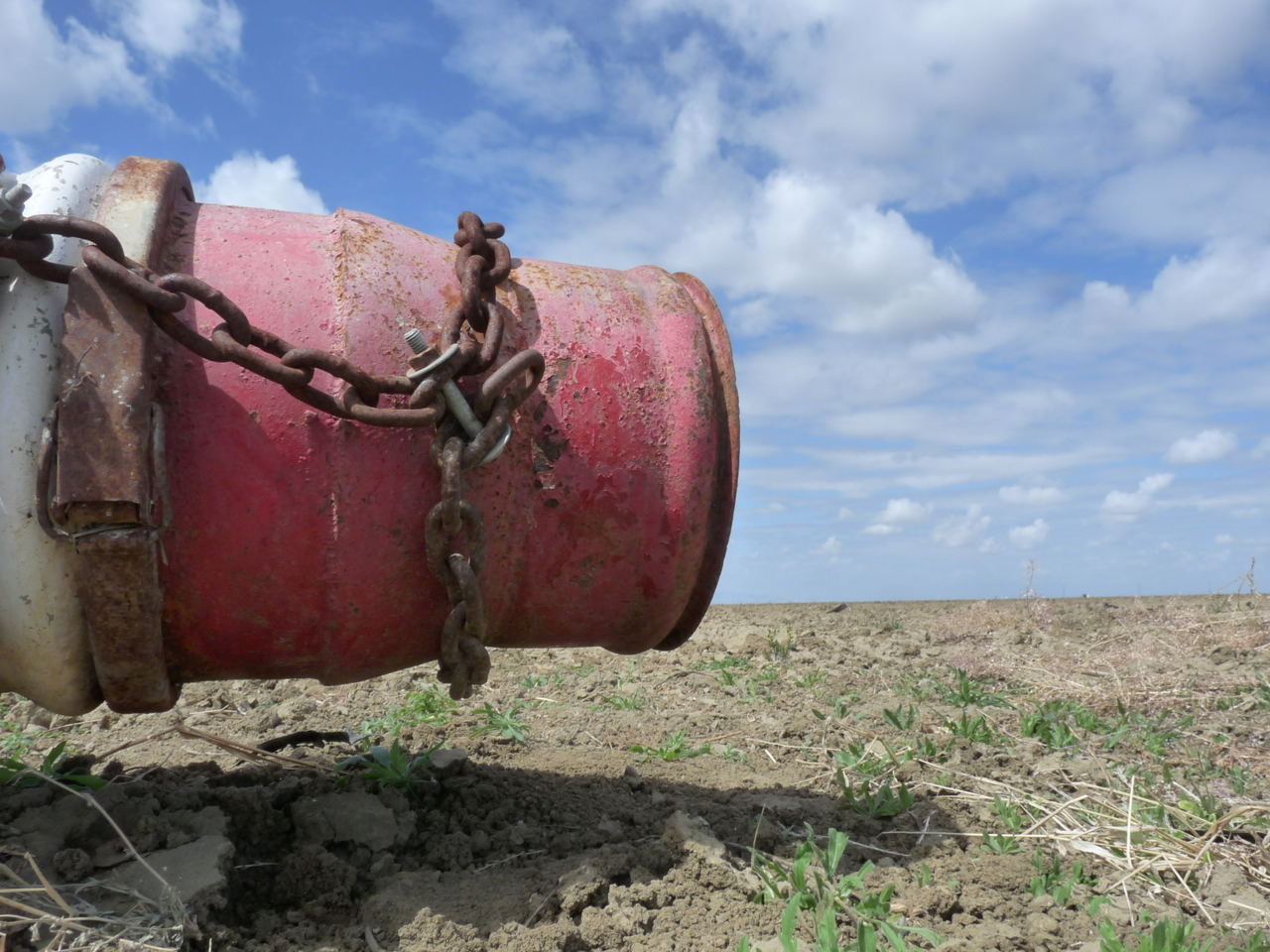Roger Isom on New Legislation and PG&E
Big Question Marks for New Legislation and California Agriculture
By Mikenzi Meyers, Associate Editor
Californians are still trying to get a feel for new legislation, while agriculturalists wonder what they’ll be up against this year. According to Roger Isom, President and CEO of the Western Agricultural Processors Association and California Cotton Ginners and Growers Association, issues pertaining to water and PG&E are among the top concerns for Valley growers.
Last year, there was potential for a water fee and fertilizer tax combination that ended up not passing, but left growers to question what they will be faced with in the future.
“With the water situation the way it is, from a supply standpoint to the nitrate issue and drinking water, we know there’s going to be legislation on that,” Isom said.
Other than the continued concern of water, Isom added that perhaps one of the biggest question marks in California agriculture is how they will handle a potential PG&E bankruptcy. He explained that the state’s rates are already the highest in the country due to gas laws and renewable energy mandates, and he fears that an increase will only make a difficult situation almost impossible.
“We’re already looking at ratepayers being faced with huge liability from the fires last year. When you throw the Camp Fire on top of it, what does that mean for us?” he concluded



















